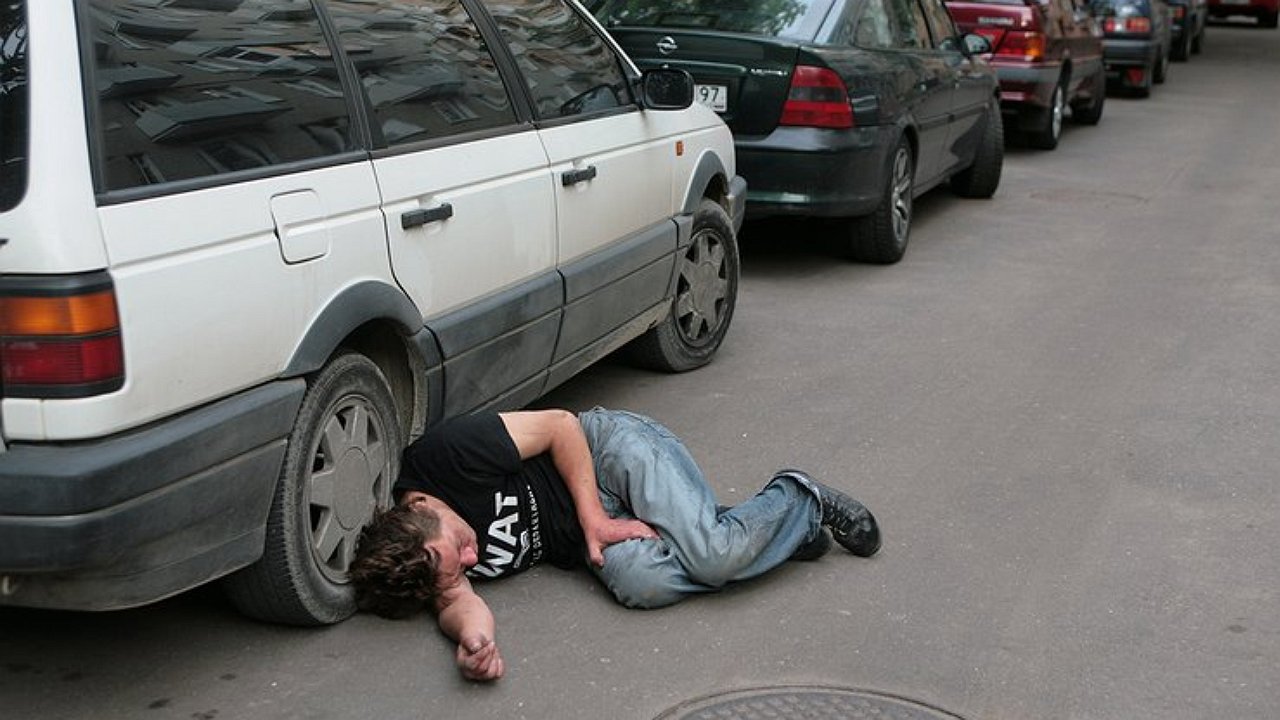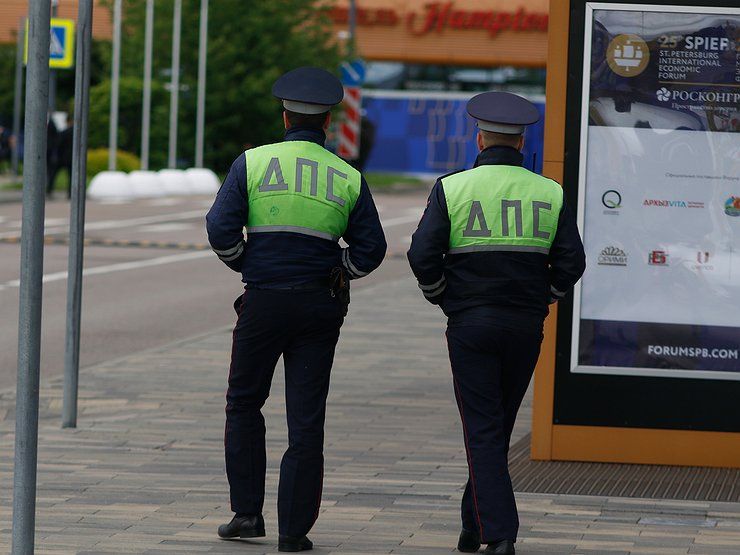How do you fine passengers who drink alcohol in the passenger compartment?
- May 11, 2023
- 0
Can occupants who drink alcoholic beverages in a car be held liable? You can if you really want to. It is enough to equate the car with a
Can occupants who drink alcoholic beverages in a car be held liable? You can if you really want to. It is enough to equate the car with a

Russian law prohibits the consumption of alcohol in public places. However, the term “public place” as such is absent from the law. This is what the “cunningly bent” police officers use – “sticks” for the sake of profit.
It should be noted that due to the abstract nature of the wording, it is difficult to call the interior of a car a public space, to say the least. But you can! And all because in a number of articles of the Code of Administrative Offenses of the Russian Federation, such places are the places where outsiders are present.
For example art. 20.20 of the Administrative Code refers to buses, trolleybuses, trams and metros as public transport, but by no means private cars. In other words, no one forbids drinking in it. But if passers-by or, even worse, children can be near the four-wheeled place of fun, then nothing prevents you from getting to the bottom of the participants of the mobile party.
Simply put, if a car with drunks in the back seat is not parked on a private property but in a public place, then the police have every right to punish passengers for “consuming alcohol in prohibited places”. According to the letter of the law, the fine for such acts ranges from 500 to 1500 rubles. The exact amount is determined on the basis of whether the prisoner has admitted his guilt and also whether he has previously been placed under administrative responsibility for a similar offence.
Often, however, people in uniform limit themselves to comments, especially after the proposal to “solve the problem on the spot.” This not only saves the servants the time it takes to establish a protocol, but also fills their wallets. Another thing is if a tipsy party starts to get rude, use profanity and provoke passers-by into a conflict. Such “characters” are subject to much stricter measures of influence.
For hooliganism, which amounts to “a violation of public order, showing a clear disrespect for society, accompanied by obscene language in public places, abusive harassment of citizens, as well as the destruction or damage of property of others”, a separate fine is provided in the amount of 1000 to 2500 rubles. In addition, fighters can not only be taken to the police station, but also locked up in a temporary detention center for up to 15 days. What is written in Russian in white in art. 20.1 of the Code of Administrative Offenses of the Russian Federation.

Russian law prohibits the consumption of alcohol in public places. However, the term “public place” as such is absent from the law. This is what the “cunningly bent” police officers use – “sticks” for the sake of profit.
It should be noted that due to the abstract nature of the wording, it is difficult to call the interior of a car a public space, to say the least. But you can! And all because in a number of articles of the Code of Administrative Offenses of the Russian Federation, such places are the places where outsiders are present.
For example art. 20.20 of the Administrative Code refers to buses, trolleybuses, trams and metros as public transport, but by no means private cars. In other words, no one forbids drinking in it. But if passers-by or, even worse, children can be near the four-wheeled place of fun, then nothing prevents you from getting to the bottom of the participants of the mobile party.
Simply put, if a car with drunks in the back seat is not parked on a private property but in a public place, then the police have every right to punish passengers for “consuming alcohol in prohibited places”. According to the letter of the law, the fine for such acts ranges from 500 to 1500 rubles. The exact amount is determined on the basis of whether the prisoner has admitted his guilt and also whether he has previously been placed under administrative responsibility for a similar offence.
Often, however, people in uniform limit themselves to comments, especially after the proposal to “solve the problem on the spot.” This not only saves the servants the time it takes to establish a protocol, but also fills their wallets. Another thing is if a tipsy party starts to get rude, use profanity and provoke passers-by into a conflict. Such “characters” are subject to much stricter measures of influence.
For hooliganism, which amounts to “a violation of public order, showing a clear disrespect for society, accompanied by obscene language in public places, abusive harassment of citizens, as well as the destruction or damage of property of others”, a separate fine is provided in the amount of 1000 to 2500 rubles. In addition, fighters can not only be taken to the police station, but also locked up in a temporary detention center for up to 15 days. What is written in Russian in white in art. 20.1 of the Code of Administrative Offenses of the Russian Federation.
Source: Avto Vzglyad
Donald Salinas is an experienced automobile journalist and writer for Div Bracket. He brings his readers the latest news and developments from the world of automobiles, offering a unique and knowledgeable perspective on the latest trends and innovations in the automotive industry.